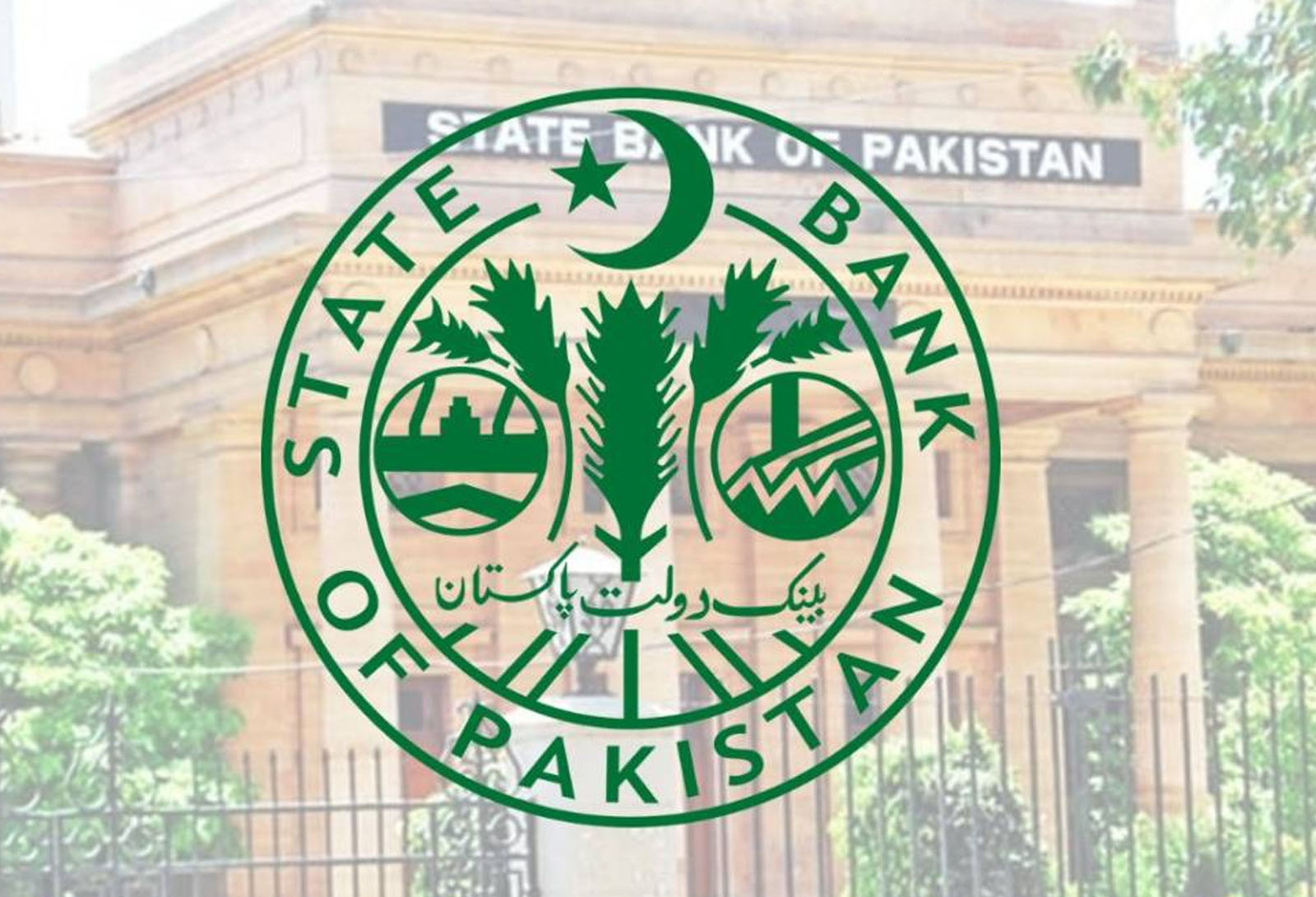The State Bank of Pakistan (SBP) and the International Finance Corporation (IFC), a member of the World Bank Group, have inked an agreement designed to enhance local currency financing and foster private sector expansion in Pakistan, according to a press release issued on Monday.
The agreement, formalized under the International Swaps and Derivatives Association (ISDA) framework, will equip the IFC to manage currency risks more efficiently and scale up its investment portfolio in Pakistani rupees.
The central bank’s statement highlighted that this initiative is a significant move towards facilitating financing for vital economic sectors and generating employment nationwide.
SBP Governor Jameel Ahmad emphasized that fostering private sector growth is “paramount to the successful, sustainable economic development of the country.” He added that the collaboration with the IFC is targeted at improving financing avenues for the private sector.
Echoing this sentiment, John Gandolfo, IFC Vice President and Treasurer, stated, “With currency volatility posing significant risks to developing economies, access to local currency financing has never been more important.” He identified the promotion of such financing as a “strategic priority” for the World Bank Group and a key driver for Pakistan’s economic growth.
The press release pointed out that exchange rate risks present a major hurdle for companies in developing nations, which often borrow in hard currencies like the US dollar but generate revenues in local currencies. According to the World Bank, this exposes borrowers to the risk that their debt repayments become more expensive if the local currency depreciates. Local currency financing directly mitigates this risk.
“The IFC is committed to leveraging innovative financial instruments and strengthening partnerships to address the growing need for local currency financing in emerging markets,” the statement noted. It further said that through this partnership, the SBP aims to “bolster economic resilience, promote private sector development, and improve foreign exchange liquidity in Pakistan.”
This development follows a series of meetings held by Finance Minister Muhammad Aurangzeb with senior officials from the IFC and the Islamic Development Bank (IsDB) during his recent visit to Washington. In those discussions, he underscored Pakistan’s improving macroeconomic indicators and stressed the importance of reinforcing the IFC’s partnership with the country.
The minister had acknowledged the IFC’s role in amplifying private sector investment, specifically through multi-billion-dollar commitments under a 10-year Country Partnership Framework. Both parties had concurred on working towards the early financial closure of the IFC’s flagship Reko Diq project. Minister Aurangzeb also welcomed the IFC’s new regional structure, which includes a regional office in Islamabad, describing it as a “significant step to deepen collaboration and support sustainable investment in Pakistan.”














